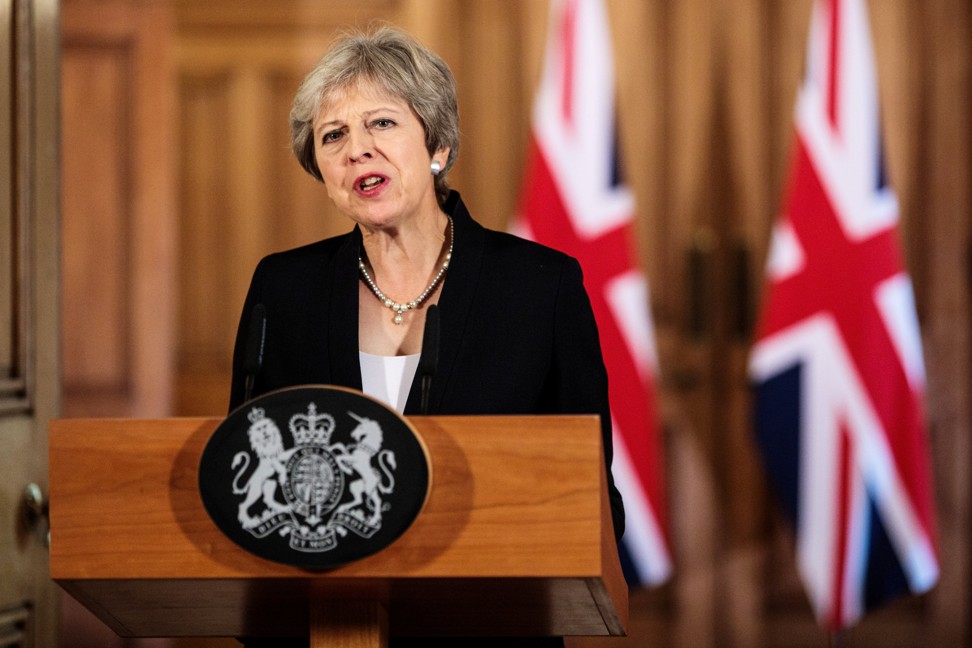
Italy aims to be China’s first G7 partner on belt and road
Deputy prime minister Luigi Di Maio says he wants to sign cooperation deal with Beijing before year is out
Italy wants to become the first G7 country to endorse China’s “Belt and Road Initiative” and plans to do so before the end of the year, the European country’s deputy prime minister said on Friday.
“I hope very much we can complete a memorandum of understanding [MOU] with China within 2018,” Luigi Di Maio told reporters in Beijing at the end of a two-day visit to the country.
Di Maio’s next trip would be in early November for the China International Import Expo in Shanghai, he said.
China’s multi-trillion-dollar belt and road plan aims to boost trade and infrastructure links across Asia, Africa and Europe. It takes its name from the ancient Silk Road that connected the ancient empires of China and Rome.
More than 80 countries have already signed MOUs to work with Beijing on the plan, the most recent being Greece last month. But they have yet to be joined by any of the Group of 7 nations, namely Canada, France, Germany, Italy, Japan, Britain and the United States.
“We would become the first G7 member to agree such cooperation with the Chinese government [if an MOU was signed],” Di Maio said.
Beijing was keen to sign MOUs with Britain and France when British Prime Minister Theresa May and French President Emmanuel Macron visited China earlier in the year.
European Union has a plan for Asian infrastructure but will it collide with China’s belt and road?
But neither of the visiting leaders put pen to paper, and Macron said the belt and road plan should not be a “one-way” project.
There are also concerns that China’s flagship project does not meet international standards and is an attempt by Beijing to extend its geopolitical influence.
Di Maio said that Italy would also like to increase mutual investment with China, regardless of the fact that the European Union and several of its key members, including Germany, France and Britain, have recently been paying Chinese investments much more scrutiny.
“There are indeed EU restrictions. But … we would be able to accept an investment as long as it is mutually beneficial,” he said. “I believe we could find common ground to work together.”
Navigating the bumps on the ‘Belt and Road Initiative’
Commenting on the ongoing trade war between China and the United States, Di Maio said the Italian government did not support unilateralism in trade and favoured multilateralism.
“Italy is a big exporter. We would not like to see such measures,” he said.
Italy exported US$503 billion worth of goods last year, which accounted for almost 30 per cent of its gross domestic product, according to World Bank estimates. It is vulnerable therefore to any deceleration in global trade caused by the conflict between Washington and Beijing.
Italy also had a US$17 billion trade deficit with China in 2017, according to UN Comtrade data.
Di Maio said he would like to balance that deficit and during his visit urged Chinese leaders to lower its non-tariff barriers and allow more Italian goods, especially agricultural products like meat and citrus fruits, into the Chinese market.
During his meeting with Chinese Vice-Premier Hu Chunhua in Chengdu, capital of southwestern Sichuan province, Di Maio also raised the issue of China’s investment environment for foreign firms and concerns over intellectual property rights.
UK supports the ‘Belt and Road Initiative’ behind the scenes
He proposed the two governments set up a joint working group on IP protection and engage in further discussions on the issue.
The 32-year-old leader of the Five-Star Movement joined Italy’s coalition government in June as deputy prime minister and minister for economic development, labour and social policies, after his anti-establishment party achieved a stunning election victory earlier in the year.


